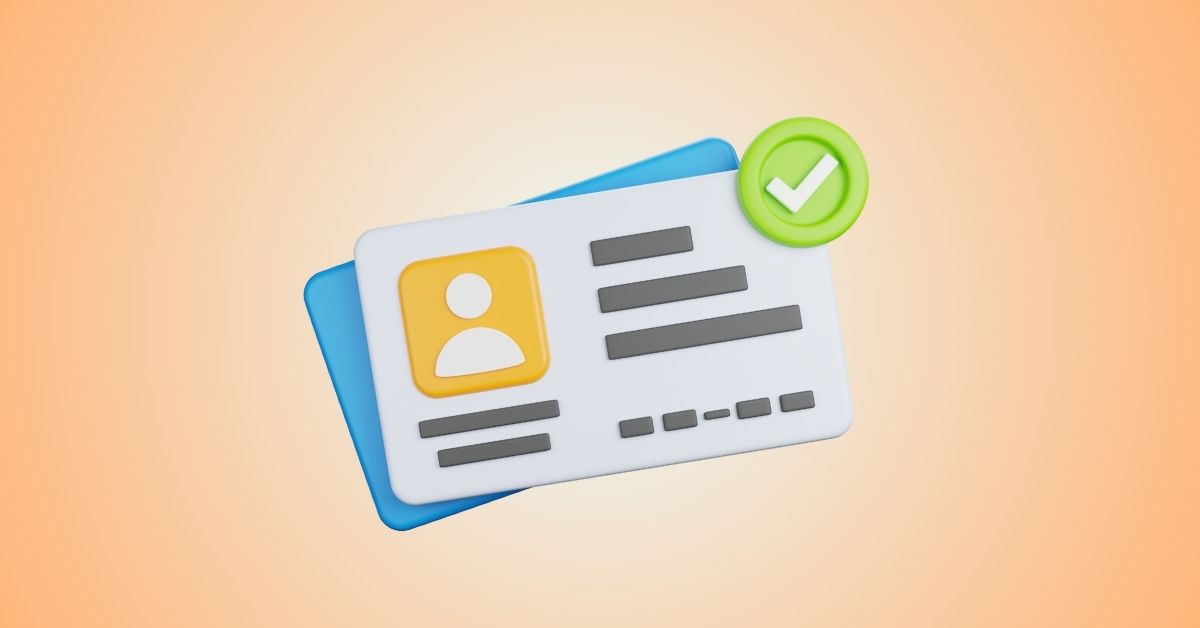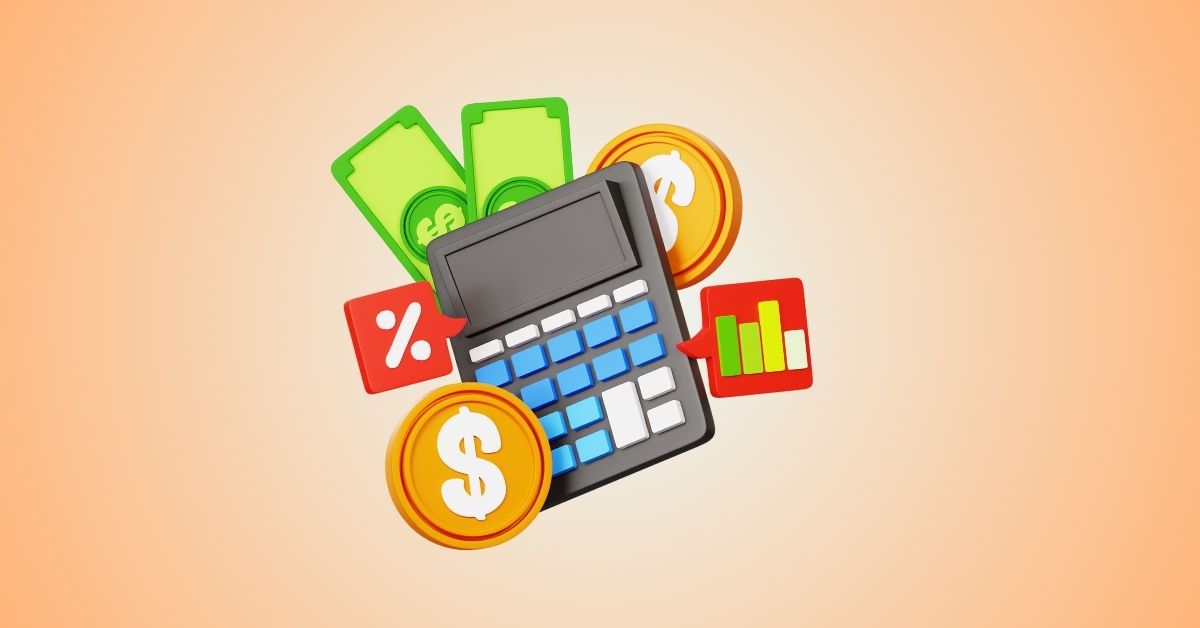In the realm of U.S. tax and business identification, EIN (Employer Identification Number) and SSN (Social Security Number) are two crucial terms you often hear. While they serve different purposes, both are essential for various financial and legal activities. Understanding the differences between EIN and SSN, their advantages, and when to use them can help you navigate U.S. tax and business laws more effectively. This article will delve into a deep down EIN vs SSN and also explain how Rocket Wave can assist you in obtaining an EIN by registering your USA company seamlessly.
What is an EIN?
An EIN, or Employer Identification Number, is a unique nine-digit number issued by the Internal Revenue Service (IRS) to identify a business entity for tax purposes. It functions similarly to a Social Security Number (SSN) but is used primarily for business transactions.
Advantages of an EIN:
- Business Identity: An EIN is essential for establishing a separate legal identity for your business, which is crucial for tax filings and other legal matters.
- Opening Business Bank Accounts: Most banks require an EIN to open a business bank account, which is necessary for managing your business finances separately from your personal finances.
- Hiring Employees: If you plan to hire employees, you’ll need an EIN to report employee taxes to the IRS.
- Building Business Credit: An EIN is also vital for building business credit, which is separate from your personal credit.
- Privacy Protection: Using an EIN instead of your SSN for business purposes helps protect your personal information and reduces the risk of identity theft.
When to Use an EIN:
- Starting a New Business: If you’re forming a partnership, corporation, or LLC, an EIN is required. Understand the difference between LLC and C-Corporation.
- Hiring Employees: As mentioned earlier, any business that hires employees must obtain an EIN.
- Filing for Bankruptcy: If your business is filing for bankruptcy, you’ll need an EIN to manage the legal process.
- Operating a Nonprofit Organization: Nonprofit organizations are also required to have an EIN for tax filing purposes.
What is an SSN?
An SSN, or Social Security Number, is a nine-digit number issued by the U.S. Social Security Administration (SSA) to U.S. citizens, permanent residents, and temporary working residents. It is primarily used to track individuals for Social Security purposes, but it also serves as a primary identification number for tax reporting and credit tracking.
Advantages of a Social Security Number:
- Eligibility for Social Security Benefits: An SSN is crucial for determining eligibility for Social Security benefits, including retirement, disability, and survivor benefits.
- Tax Reporting: The IRS uses your SSN to track your tax returns and payments. All U.S. citizens and residents are required to have an SSN for this purpose.
- Opening Personal Bank Accounts: Financial institutions use your SSN to open personal bank accounts and manage your credit history.
- Employment Verification: Employers use SSNs to verify your eligibility to work in the United States.
When to Use an SSN:
- Filing Personal Taxes: Your SSN is required when filing your personal income tax returns with the IRS.
- Applying for Loans and Credit: When applying for personal loans, credit cards, or mortgages, your SSN is used to check your credit history and score.
- Receiving Social Security Benefits: Your SSN is necessary to receive any Social Security benefits to which you are entitled.
- Applying for Government Services: Many government services, such as unemployment benefits or disability assistance, require an SSN for identification and eligibility purposes.
Key Differences Between: EIN vs SSN
While both EIN and SSN are nine-digit identification numbers, they have distinct purposes and are used in different contexts. Understanding the key differences between EIN vs SSN is crucial for making informed decisions.
| Aspect | EIN (Employer Identification Number) | SSN (Social Security Number) |
| Purpose | Business identification and tax reporting | Individual identification and tracking Social Security benefits |
| Issuing Agency | IRS (Internal Revenue Service) | SSA (Social Security Administration) |
| Eligibility | Businesses, including sole proprietors, partnerships, corporations, and nonprofits | Issued only to individuals |
| Privacy | Keeps personal SSN private, reducing identity theft risk | Using SSN for business may expose personal information to risk |
FAQs About EIN and SSN
1. Can I use my SSN instead of an EIN for my business?
Yes, if you are a sole proprietor with no employees, you can use your SSN for business purposes. However, obtaining an EIN is recommended to separate your business and personal finances and protect your privacy.
2. Do I need an EIN if I’m self-employed?
If you are a sole proprietor with no employees, you can use your SSN. However, if you plan to hire employees or establish a formal business entity like an LLC or corporation, you will need an EIN.
3. How do I apply for an EIN?
You can apply for an EIN online through the IRS website, by mail, fax, or phone. Rocket Wave can assist you with the application process, especially if you are registering a new business.
4. Can a non-U.S. resident obtain an EIN?
Yes, non-U.S. residents can obtain an EIN if they own a business that needs to file taxes in the United States. Rocket Wave can help non-U.S. residents navigate the process of obtaining an EIN and registering a U.S. business.
5. Is there a fee to obtain an EIN?
The IRS does not charge a fee to issue an EIN. However, if you’re using a service provider like Rocket Wave to assist with the application, there may be service fees.
6. What happens if I lose my SSN or EIN?
If you lose your SSN, you can request a replacement card from the SSA. If you lose your EIN, you can contact the IRS for a replacement confirmation letter.
7. Can I change my EIN?
An EIN is generally permanent and does not change. However, if your business structure changes, such as converting from a sole proprietorship to a corporation, you may need to obtain a new EIN.
8. Do I need both an EIN and SSN?
Yes, if you are running a business in the U.S. and are a U.S. citizen or resident, you will need both. The SSN is for your personal tax obligations and Social Security benefits, while the EIN is for your business tax obligations.
How Rocket Wave Can Help You Obtain an EIN
Starting a business in the United States can be a complex process, especially if you’re not familiar with the regulatory requirements. This is where Rocket Wave can make a difference. We specialize in helping entrepreneurs and business owners, both in the U.S. and abroad, navigate the intricacies of U.S. business registration, including obtaining an EIN.
Here’s how Rocket Wave can assist you:
- Streamlined EIN Application: Rocket Wave will handle the entire EIN application process for you, ensuring that all forms are filled out correctly and submitted promptly.
- Business Registration Services: We can assist you in registering your business entity, whether it’s a corporation, LLC, or partnership, making the process hassle-free. Explore the state-by-state costs for forming an LLC or C-Corp in the USA.
- Guidance on U.S. Tax Obligations: Our team will provide you with detailed guidance on your U.S. tax obligations, ensuring that you remain compliant with all IRS regulations.
- Support for Non-U.S. Residents: If you’re a non-U.S. resident looking to establish a business in the United States, Rocket Wave offers specialized services to help you obtain an EIN and register your business smoothly.
- Comprehensive Business Solutions: Beyond EIN and business registration, Rocket Wave offers a full suite of services, including payment gateway setup, tax compliance, and more, to help your business thrive in the U.S. market.







